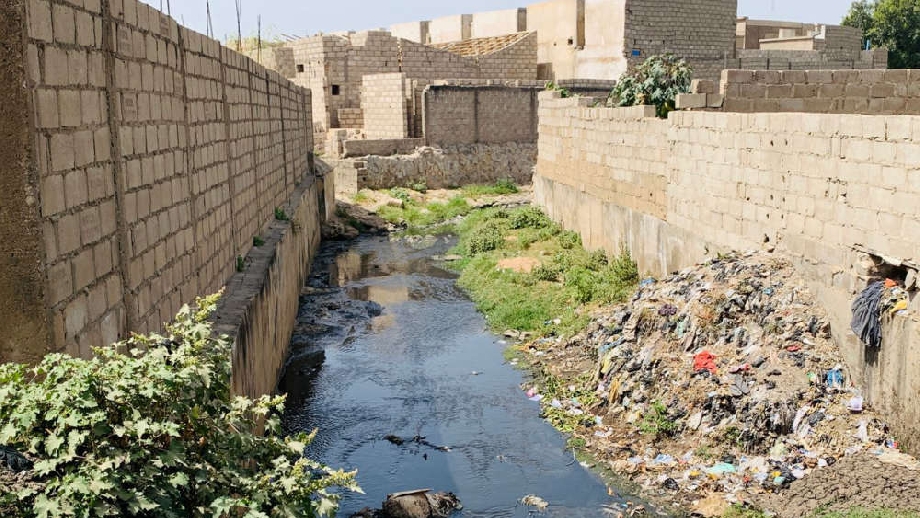
For some years, some Kano communities, like Sabuwar Gandu, Medile, and Ja'en, have been battling environmental and health challenges allegedly caused by industrial pollution.
This is because some tannery companies and other factories in the Sharada industrial area are reportedly discharging untreated chemical waste into local waterways, contaminating the environment.
Consequently, many residents have been hospitalized on several occasions for respiratory and gastrointestinal illnesses caused by “untreated chemicals.”
Ten-year-old Khadija Salisu, a resident of the Sabuwar Gandu community, situated in Kumbotso local government area, is the latest victim.
Khadija lives a simple life filled with dreams and laughter. She loves her school and often dreams of being a tool for change in her community.
But for a few weeks now, Khadija has been down with diarrhea and could not go to school after some companies reportedly released harmful fumes that polluted the air.
She shared her concern about her sick bed: “The smell disturbs us a lot, and it makes me throw up. It also causes stomach pains. Please, they should stop releasing the water or treat it to reduce the smell.”
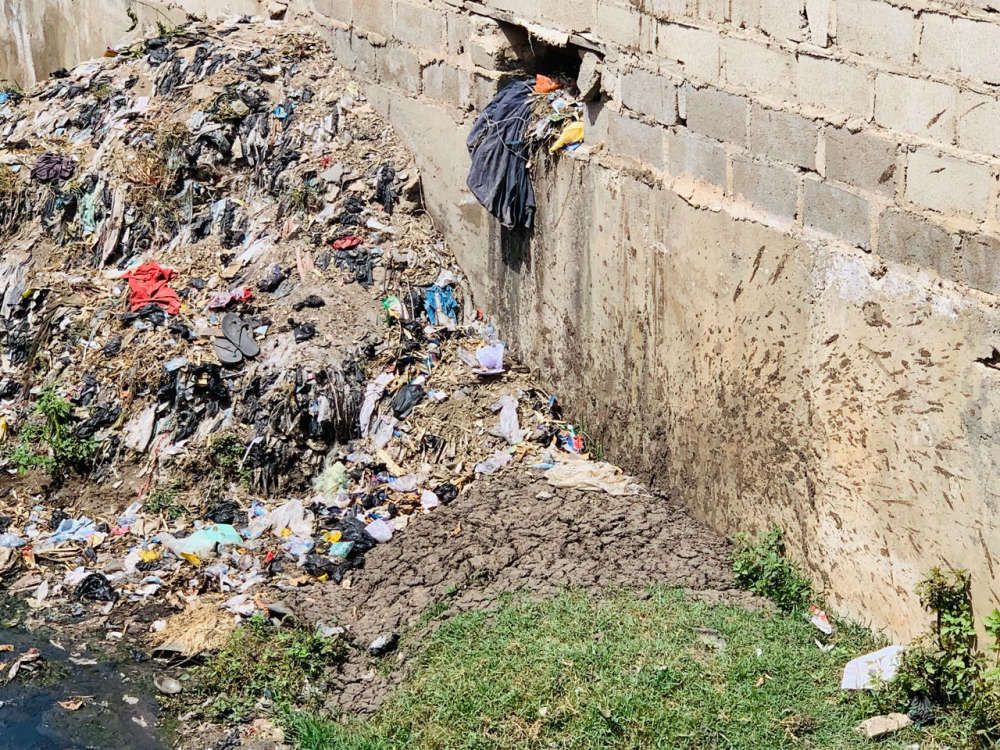
Khadija’s father, Salisu Husaini Kadawa, recounts how his family has been plagued by health problems. He says his daughter has yet to go to school this term due to the illness.
“My daughter had received more than ten injections because of the smell because she became sick once they released it. And she has yet to go to school this term because she’s been sick for a while,” he said.
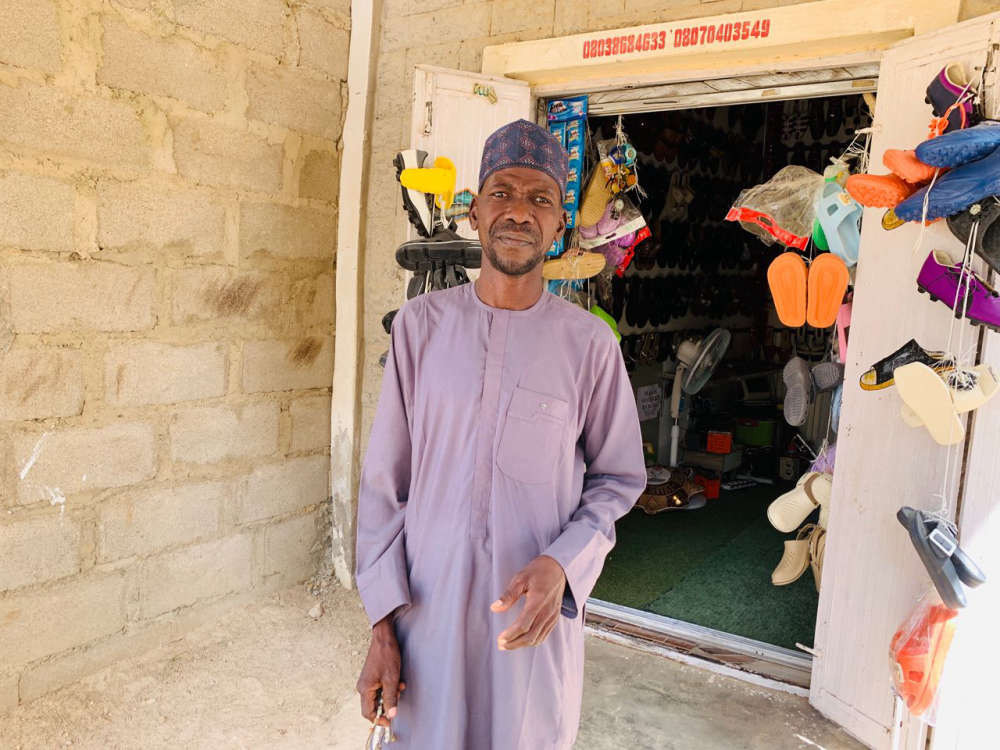
A container shop along the Gidan Maza community’s axis, run by one Ibrahim Sabitu, suffers even more. Sabitu noticed a decline in foot traffic as the area became unappealing, and the smell hardly disappeared.
He laments that buyers and other passersby stopped patronizing his store, concerned about contamination.
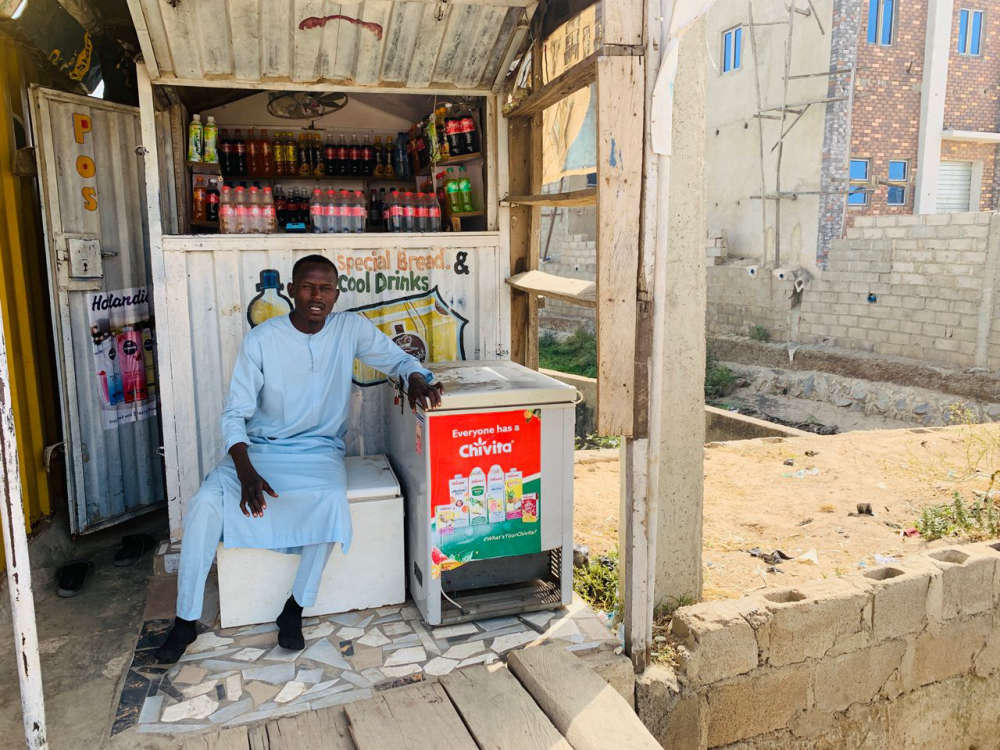
“Look, it has affected our businesses cause our customers no longer buy our goods because the smell makes them see here as a dumping site.
"Before now, I make sales, but now it is very difficult. We want the government to rescue us,” he pleaded.
During our visit to the affected communities this week, we observed that the wastewater discharged by the tannery companies flows into the Gidan Maza Community, Sharada, Tukuntawa, Ja’en, Medile, and Shagari Quarters, polluting local water sources.
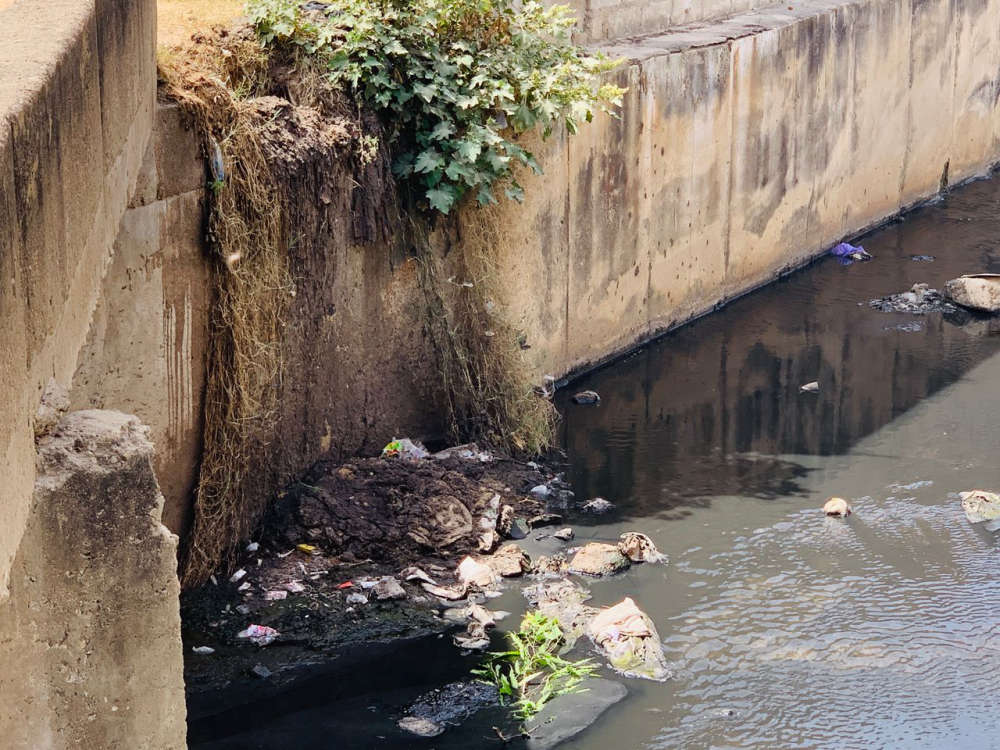
A few years ago, the toxic fumes and chemical waste caused an outbreak of cholera in the communities, with many sent to their early graves, according to the Ward Head of Sabuwar Gandu, Abdullahi Muhammad Mai-Kano.
“Some years back, some people lost their lives because of this. It made us document our plight to the government, and they started the project with the federal government.
"At times, the industries stopped releasing the water when we complained, but a few days later, they started releasing it again. Please, the government should complete the project to address the diarrhea we are experiencing in our communities.”
While these lamentations persist, the state government blames the affected residents for building residential structures in industrial areas.
Director of Pollution Control at the state Ministry of Environment and Physical Planning, Abba Adamu Takai, says the people have no right to complain because they constructed buildings without government approval.
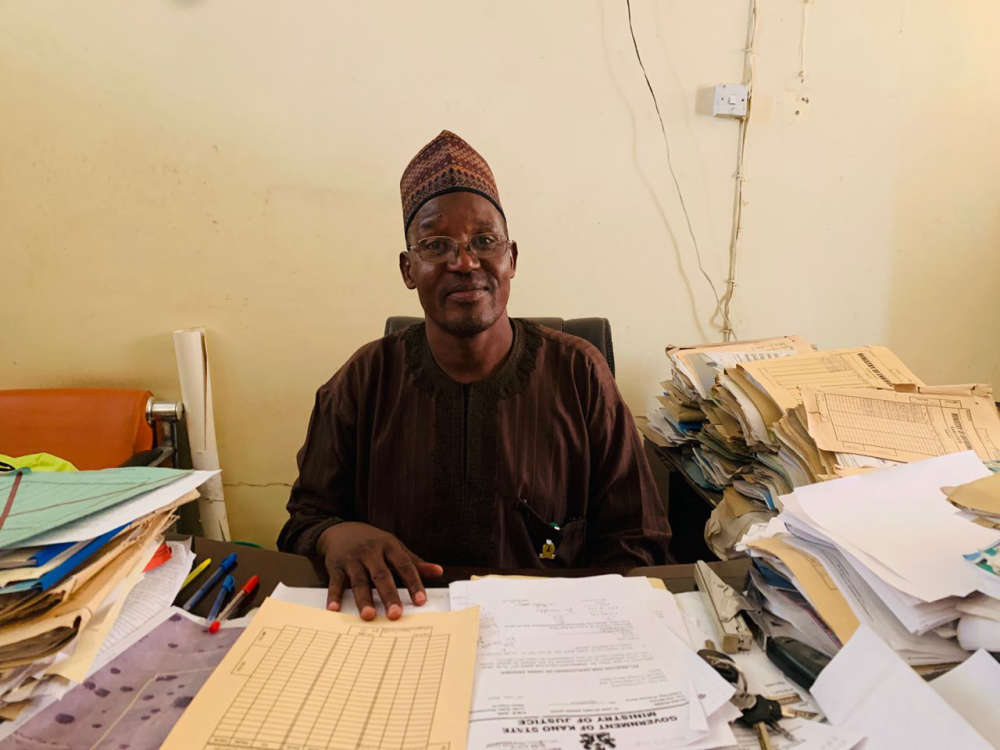
As directed by the town plan under the jurisdiction of the Kano State Urban Planning and Development Authority (KNUPDA), residential occupation within industrial estates is strictly prohibited.
However, the rising population in Kano presents significant challenges in upholding this regulation, particularly in the Bompai and Sharada industrial estates, where urban residents have gradually encroached on the prohibited areas.
He said, “I believe when you check the areas, you won’t see any kind of approval letter from KNUPDA. So the residents build their houses Illegally because those places are the industrial layout if we go back to the provision of the Kano State Master plan”.
This government’s position did not go down well with the residents, who claimed that they acquired their properties legally. Mujidtapha Muntari Tijjani, “It is the government that sold and permitted us to build here. This is not an industrial area.
Another resident in the community, Kabiru Umar, said, “We are talking about the smell, and you’re claiming our houses were not approved by the government. It is not true. We all have our documents. The government should look into this. And provide a solution”.
However, some of the companies in the areas declined to comment on the matter when contacted.
In 2019, the federal government, in partnership with the State Government through its ecological projects, started the construction of pollution management facilities in the areas to address these environmental challenges.
At the construction sites at Sharada, Challawa, and Bompai, pipelines were laid through deep tunnels to link industrial waste to a connected concrete chamber, which would be channeled to a treatment plant for discharge without much harm to the people and the environment.
The project components include piping with 325 chambers constructed, a water treatment plant for the collection of raw effluent from the holding reservoir, and Incinerators to burn the solid particles collected from the physical treatment and surroundings and convert them for economic benefits.
Commenting on the project, Takai said it had reached about 90 percent completion, assuring that it would be completed before January 2025.
“The project is going to be completed by the end of this year. Currently, the ternary industries have been directed to join their sewer to the main sewer of the integrated pollution management facilities to make sure that the waste is treated before discharging its to our environment”, he adds.
While hoping that the project will improve the situation, the residents are demanding a lasting intervention to ensure better governance and corporate accountability to curb pollution in the areas.
But until then, the health and economic toll on these communities will continue to mount, leaving families in a perpetual struggle for survival.


